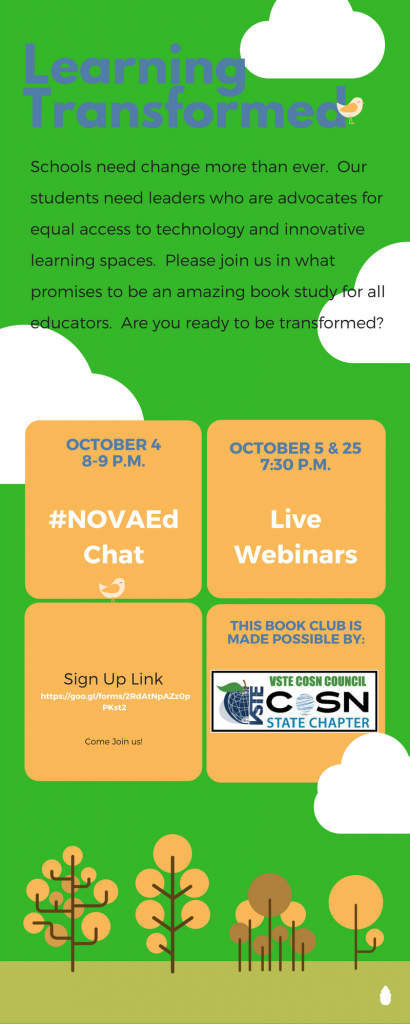Thoughts on Change from Lynmara Colon, Principal/Lead Learner, Mary Williams Elementary
Change can be hard. Change can be painful. Change can be scary. But let’s be honest, change is necessary. Can you imagine if our schools had remained the same as they were years ago? Picture our students sitting in rows working in isolation, answering low level questions without the opportunity for collaboration. Sounds scary, right? While some schools have moved away from these practices, some continue to implement old practices that do not meet our students’ needs.
As leaders, we are constantly encouraging educators to meet students where they are, asking them to do whatever it takes to show growth and mastery. We measure student growth by a multiple-choice test, forgetting that this is not the only area that needs our attention. I truly believe that if students are engaged and taught in an environment crafted to meet their needs, they will be successful. Most jobs will require our students to do much more than taking a state assessment. If we want to prepare them for the workforce, our schools must be intentional about creating spaces that foster innovation and creativity.
Eric Sheninger and Thomas Murray have done an outstanding job addressing 8 key factors that will allow schools to be transformed. From creating a culture of Innovation to Collaboration and Engagement with the Community, their book “Learning Transformed” provides a roadmap for schools wanting to be Future Ready.
As leaders we must model risk taking and intentionality about removing the roadblocks getting in the way of our students’ access to schools that will prepare them for the future. We must step out of our comfort zone and craft professional learning experiences that will align with the needs of our staff. Sharing our passion without action is not enough. We be must intentional about transforming student learning. Are you ready to be transformed? If so, join us in learning more about Eric Sheninger and Thomas Murray work as we discuss their new book. Get ready to be transformed. Our students are worth it.
All the Details:
Throughout the month of October, The VSTE CoSN Council will be sponsoring a book study of Learning Transformed: 8 Key to Designing Tomorrow’s Schools Today by Eric Sheninger and Tom Murray. The book study will be led by Diane Harazin and Lynmara Colon, both from Prince William County.
Participants in the Fall 2017 book study are able to earn 10 recertification points by participating in the synchronous and asynchronous events including:
- At least one of two live webinars (October 5, 7:30 PM & October 25, 7:30 PM)
- #novaedchat (October 4, 8:00 - 9:00 PM)
- Post to at least three of four flipgrid topics related to the book study. (Topics will be posted each week throughout the month of October, usually on Wednesdays.)
We will post the reading schedule soon. Meanwhile, if you are interested, please complete the registration form.
Invite Others:
This book study is free and open to all! Feel free to share this blog post with your school team and PLN! Learning Transformed is full a well-researched, practical guide making a difference in the lives of our students. Join us and learn how you can be part of the solution.





